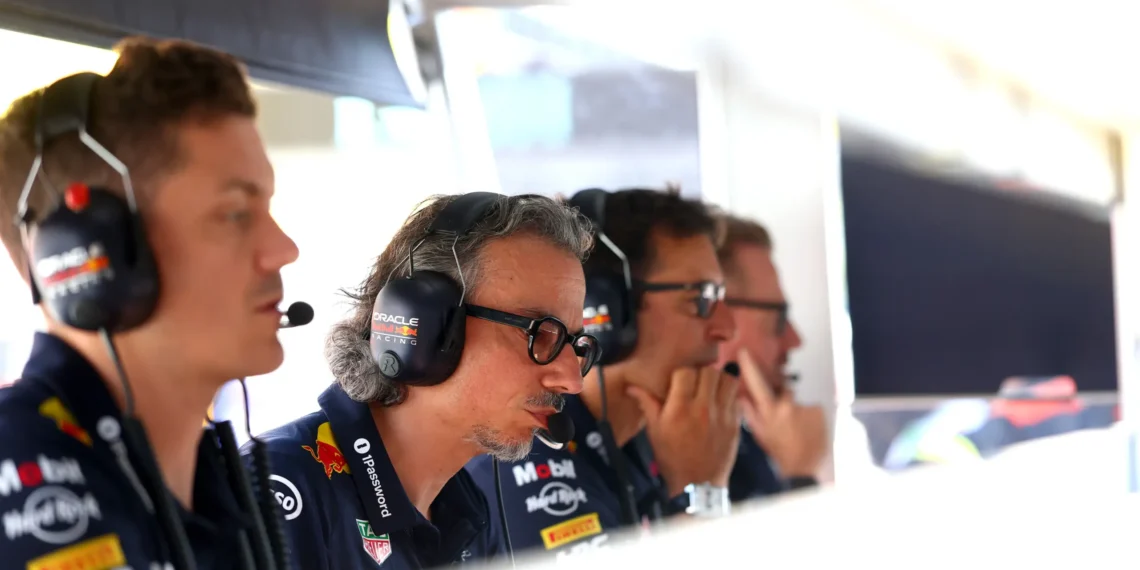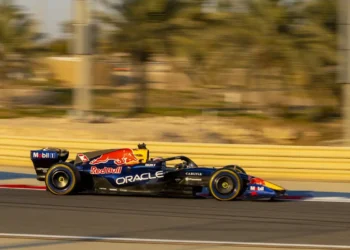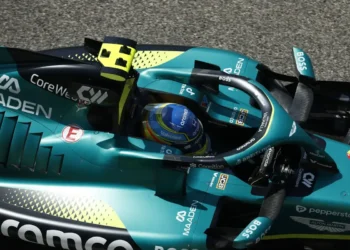Max Verstappen’s Triumph: Red Bull’s Revolutionary Shift Under Laurent Mekies Sparks Italian GP Dominance
In a stunning display of speed and strategy, Max Verstappen stormed to victory at the Formula 1 Italian Grand Prix, marking his third triumph of the season and a pivotal moment for Red Bull Racing. This monumental win at Monza not only highlights Verstappen’s exceptional talent but also underscores a transformative new approach under the leadership of Laurent Mekies, who has taken the reins from Christian Horner.
Verstappen’s victory was nothing short of historic, as he clocked the fastest average speed lap ever recorded in F1, propelling his car to become the quickest in race history. With nearly a 20-second lead over his closest competitor, the Dutch ace demonstrated Red Bull’s remarkable resurgence in the sport. This win is particularly significant as it is Mekies’ first since his appointment, a testament to his engineering prowess and vision for the team.
The contrast between Mekies and his predecessor is striking. With a rich background in engineering and a history of working with top teams like Ferrari, Mekies brings a fresh perspective to Red Bull’s operations. Senior advisor Helmut Marko and Technical Director Pierre Wache have both commented on a cultural shift within the team, emphasizing a newfound openness to Verstappen’s feedback regarding car performance. Marko stated, “Laurent is an excellent engineer…the idea is more to take whatever the simulation shows us but mix that with the experience that Max has.” This collaborative approach is aimed at creating a car that is not only faster but also more predictable and easier to handle.
Verstappen himself has lauded Mekies’ contributions, attributing the recent leaps in performance to the Frenchman’s common-sense questioning and insightful guidance. “Up until now, we’ve had a lot of races where we were just shooting left and right a little bit with the set-up of the car,” Verstappen explained. His comments shed light on the previous inconsistencies in car adjustments, which he believes have been addressed under Mekies’ leadership. “With Laurent having an engineering background, he’s asking the right questions to the engineers – common-sense questions – so I think that works really well,” he added.
While Mekies has been modest about his contributions, stating, “The level of contribution is zero,” he acknowledges the collective effort of the 1,500-strong team working tirelessly to enhance the car’s performance. His humility echoes a sentiment of teamwork that is vital for success in the ultra-competitive realm of Formula 1.
As Red Bull Racing continues to evolve, the implications of this new strategy could be profound. The team’s ability to integrate Verstappen’s feedback while leveraging Mekies’ engineering expertise sets the stage for a thrilling remainder of the season. With each race, Verstappen and Red Bull showcase their potential to dominate the track, leaving competitors scrambling to keep up.
This monumental victory at Monza is just the beginning; the world of Formula 1 is watching closely as Red Bull Racing embarks on a new chapter under Laurent Mekies. Will this innovative approach propel them to even greater heights? Only time will tell, but one thing is certain: with Verstappen at the wheel and Mekies guiding the team, the competition is in for a fierce battle ahead.










